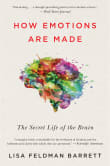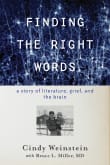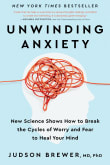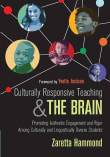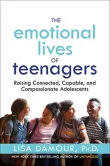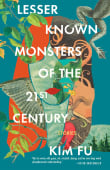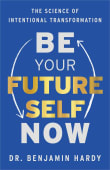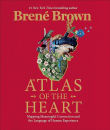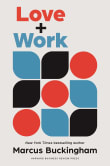The Extended Mind
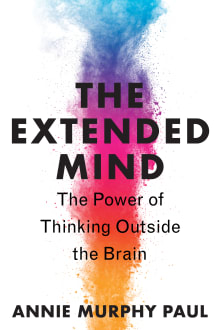
Book description
A New York Times Editors' Choice
A Washington Post Best Nonfiction Book of 2021
A New York Times Notable Book
A bold new book reveals how we can tap the intelligence that exists beyond our brains—in our bodies, our surroundings, and our relationships
Use your head.
That’s what we tell…
Why read it?
5 authors picked The Extended Mind as one of their favorite books. Why do they recommend it?

I thought I had a fairly strong understanding of how the mind works until I read this book!
I was blown away to learn how our thoughts, feelings, and actions are impacted by our environments, movements, and others.
Not only was it informative, I learned how to change things up immediately so that I’m more in tune with my body and know what I need to do to think more clearly and focused.
From Melanie's list on revolutionize your life from a personal development enthusiast.

Speaking of embodiment, Murphy Paul’s stimulating book provocatively suggests that not only is much of cognition and emotion embodied, but it also extends beyond the body—to our environments, but more importantly to our social others.
The implications of this work are many, but for the topic of conquering monsters the most reassuring message is: we are not alone. We are facing these challenges together. Fascinating, lucid, and relevant read.
From Sarah's list on help us face our monsters and embrace mental health.

This book by a distinguished science writer is a comprehensive survey of huge amounts of research on how our thought depends on objects and things beyond the boundaries of our skull.
The book has great insights on issues such as the virtue of being outdoors rather than indoors for thought, being in motion rather than stationary, or the use of argument in schools and other places to help with learning.
From Geoff's list on how societies think.
If you love The Extended Mind...

I can’t stop thinking about this book. The premise: Our brain is a biological, evolved organ that’s very different from a computer. People who can tune into their bodies can more effectively use their brains. Annie cites studies of Wall Street traders who seem to make more money when they’re more “interoceptively” attuned — meaning, when they’re better at reading their own body signals. In other words, when I use my body, my surroundings, and my relationships to “think outside the brain,” I can make better decisions than people who don’t know how to do the same.
From Meredith's list on helping you manage stress, anxiety, and overthinking.

As a physician who cares for and studies persons living with diseases that cause a person to “lose their mind,” I find this book to be revelatory. Paul offers a thorough and meticulously documented account of what our mind is and how it exists outside of the borders of our hard heads. The wealth of material that Paul consistently presents with clarity is not about dementia or Alzheimer’s disease, but it will provoke you to think about how to live with or care for the extended mind of a person living with dementia.
From Jason's list on making sense of Alzheimer’s disease and dementia.
Want books like The Extended Mind?
Our community of 12,000+ authors has personally recommended 100 books like The Extended Mind.


